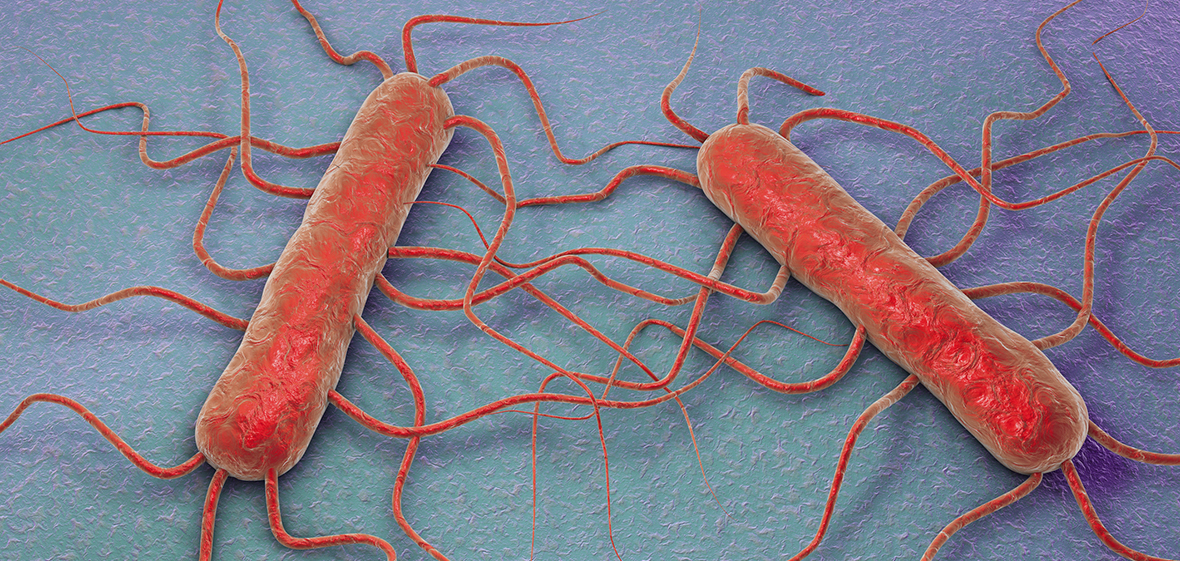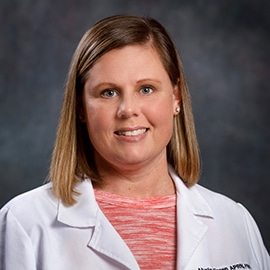
Each year since at least 2011, there has been at least one listeria outbreak, according to the Centers for Disease Control and Prevention (CDC). Throughout the years, outbreaks have been linked to multiple types of food, including contaminated sliced deli meat and dairy products such as cotija cheese and queso fresco.
Listeria is a shortened name for the bacteria Listeria monocytogenes, according to the FDA. Listeria bacteria can survive even when food is preserved and refrigerated.
Listeriosis is a disease you can get by eating food contaminated with listeria bacteria. The disease is not contagious, but it can spread primarily through unsafe food handling practices.
Risk Factors
According to the CDC, you are more likely to get listeriosis if you:
- Have a weak immune system
- Are 65 or older
- Are pregnant
- Don’t take steps to prevent foodborne illness
Symptoms
Symptoms of listeriosis vary depending on if the bacteria just stay in gastrointestinal organs or if the illness spreads throughout the body.
Gastrointestinal symptoms can include vomiting and diarrhea. Symptoms usually appear the same day you eat a food item contaminated with listeria bacteria. The illness normally lasts one to three days and symptoms are typically mild.
If listeriosis spreads throughout the body, symptoms normally start up to two weeks after eating a food item contaminated with listeria bacteria. Symptoms can include:
- Seizures
- Loss of balance
- Confusion
- Stiff neck
- Headache
- Flu-like symptoms (fatigue and muscle aches)
- Fever
For pregnant women who have listeriosis that has spread throughout the body, their symptoms are typically mild or they may not have symptoms. However, listeriosis can negatively impact mother and baby by increasing the risk of the following conditions:
- Life-threatening infection
- Premature birth
- Stillbirth
- Miscarriage
If you are not pregnant and you have listeriosis that has spread throughout the body, you could have severe symptoms that could even lead to death. According to the CDC, about 1 in 6 people who are not pregnant and have listeriosis that has spread throughout the body die.
How Can I Avoid Becoming Infected with Listeria?
There are steps you can take to keep yourself and your food safe, including:
- Setting your refrigerator to 40 degrees Fahrenheit and setting your freezer to 0 degrees Fahrenheit
- Avoiding raw or unpasteurized foods or milk, as well as cheeses made from unpasteurized milk, if you have a risk factor that could make you more likely to get listeriosis
- Cleaning and sanitizing surfaces frequently
- Washing your hands frequently with soap and warm water for a minimum of 20 seconds before and after handling food, as well as after cleaning and sanitizing surfaces
- Cleaning the interior walls and shelves of your refrigerator regularly and cleaning up spills in the refrigerator right after they happen
When cleaning and sanitizing your refrigerator and other surfaces, you can use a mixture of one tablespoon of chlorine bleach per one gallon of hot water. It’s important to dry surfaces with a clean paper towel or cloth.
What Should I Do if I Think I’m Infected?
If you believe you have eaten a food item contaminated with listeria bacteria, you can submit a report.
To get a listeriosis diagnosis, you can visit your primary care provider or an urgent care location. Your provider can order a blood test that can show listeria bacteria.
If you have gastrointestinal symptoms, it is important to drink plenty of fluids to avoid dehydration. Oral rehydration drinks and powders, such as Liquid I.V. ®️, Pedialyte®️, Gatorlyte®️ and others are recommended for staying hydrated because they can restore the body’s electrolyte balance.
Many people who only have gastrointestinal symptoms do not need antibiotic treatment, as they should be able to recover from listeriosis on their own. However, if listeriosis has spread throughout the body, or if you have a risk factor that could make your illness worse, antibiotic treatment can be beneficial.
If your symptoms become severe, UofL Physicians – Primary Care or UofL Health – Urgent Care Plus can help. If your symptoms are life threatening, dial 911.









